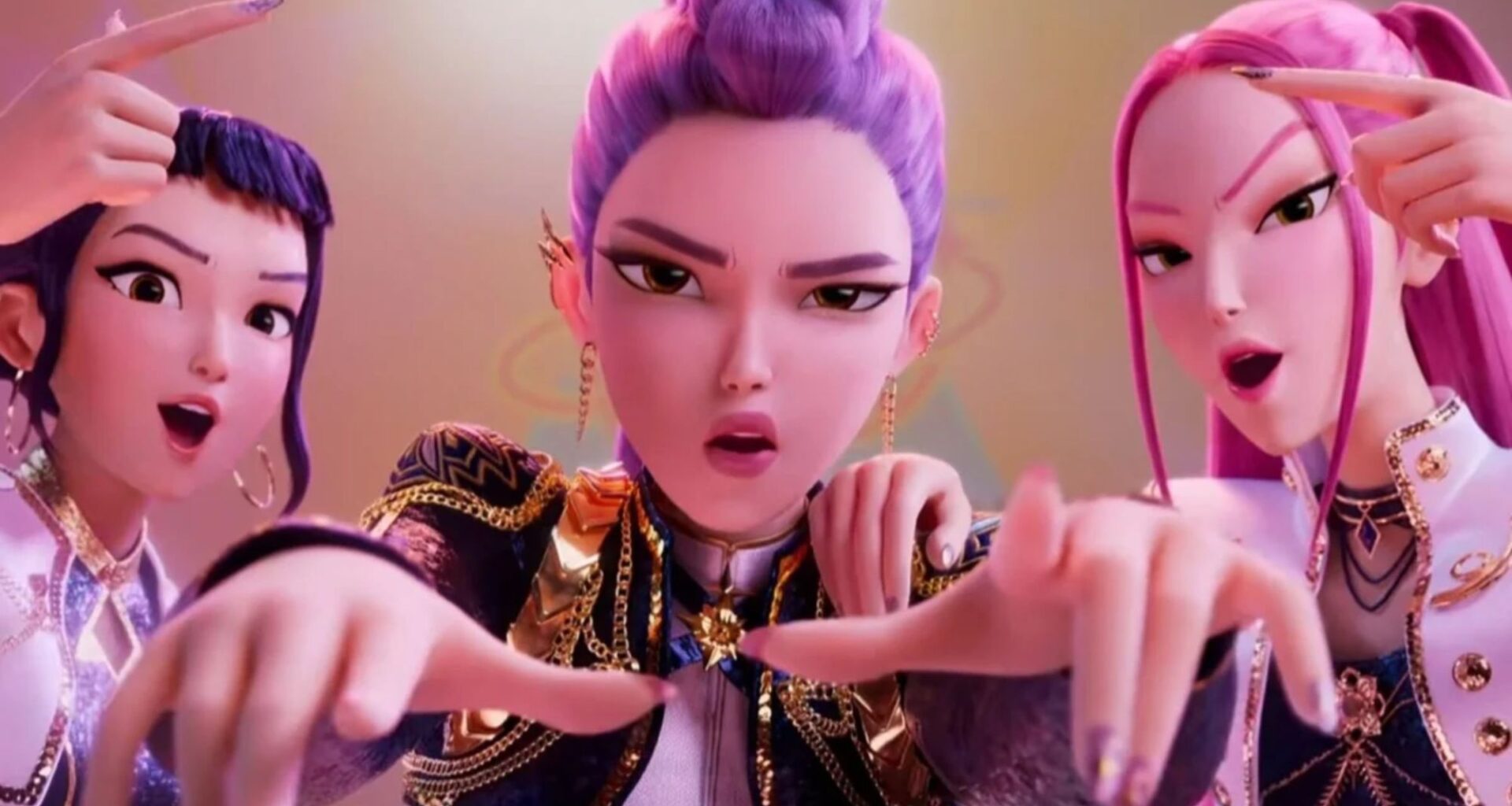Netflix’s Sony Pictures Animation mega-hit KPop Demon Hunters is due to receive a sequel, which is far from surprising considering how much of a pop culture sensation it became. It became the most-watched original title in Netflix history, its theatrical release in late August (two months after it started playing on the streamer) won the weekend in spite of only playing for two out of the three days, and a few of its songs have found themselves getting radio play, indicating that it’s reaching an audience that otherwise might have never found it. What is surprising, however, is that there’s going to be a long four-year wait.
However, there’s an opportunity to cash in on its pop culture juggernaut status here, and the template of how to do so is readily available. Namely, Disney’s Frozen.
How Could KPop Demon Hunters Replicate Frozen‘s Gargantuan Profitability?
 image courtesy of netflix
image courtesy of netflix
Given how well Disney Princesses tend to do, Frozen‘s massive box office success didn’t exactly come from nowhere. However, not many expected it to gross nearly $1.3 billion worldwide against a $150 million price tag. And yet, even though it was such a massive critical and commercial success, we didn’t get Frozen II until six years later.
Fans of the film felt the weight of that six-year gap, but not nearly as much as they could have. For one, Disney On Ice: Frozen started about a year after the film’s release, and played for eight years at which point it was altered to Disney On Ice: Frozen & Encanto. If the audience wanted to see more Anna, Elsa, and Olaf, they could go see the play, not just continuously watch the first film.
Could KPop Demon Hunters kick-off a stage play run of some sort? Absolutely, it’s a musical and with enough creative flourishes (expensive as they might be, if the play were to retain the film’s surplus of style) it could work.
Then there’s another avenue, one that seems even more likely: short films. Between Frozen and Frozen II there was Frozen Fever (2015) and Olaf’s Frozen Adventure (2017), which preceded theatrical screenings of, respectively, Cinderella and Coco. So, there are two ways to go about that if the same were to be done with KPop. There could easily be universe-expanding short films to satiate the fandom’s hunger for more demon hunting and they could either take a page out of Disney’s playbook and have them play in front of future Sony Pictures Animation theatrical films then later hit Netflix or just debut directly on the streamer.
If you go on Amazon, you’ll find licensed HUNTR/X shirts, tumblers, stickers, and books (not to mention, of course, it’s highly successful soundtrack), so the thought of capitalizing on the film’s success on screens big and small is already kicking off. The point is that it could be done well as long as, say, the possible universe-expanding short films play as though they exist for a reason.
In just 100 minutes, Maggie Kang and Chris Appelhans’ movie showed itself to be the ground floor of something that could keep going wider and higher. If there’s a continued focus on world-building, character development, and lyrics that are the perfect combination of catchy and thoughtful, it’s an IP that could work as short-form storytelling. And, while it would sacrifice the earwig songs, it could also work as a line of graphic novels. Who knows what the future holds, all we really know is that there is rabid anticipation for the sequel’s release in 2029.

